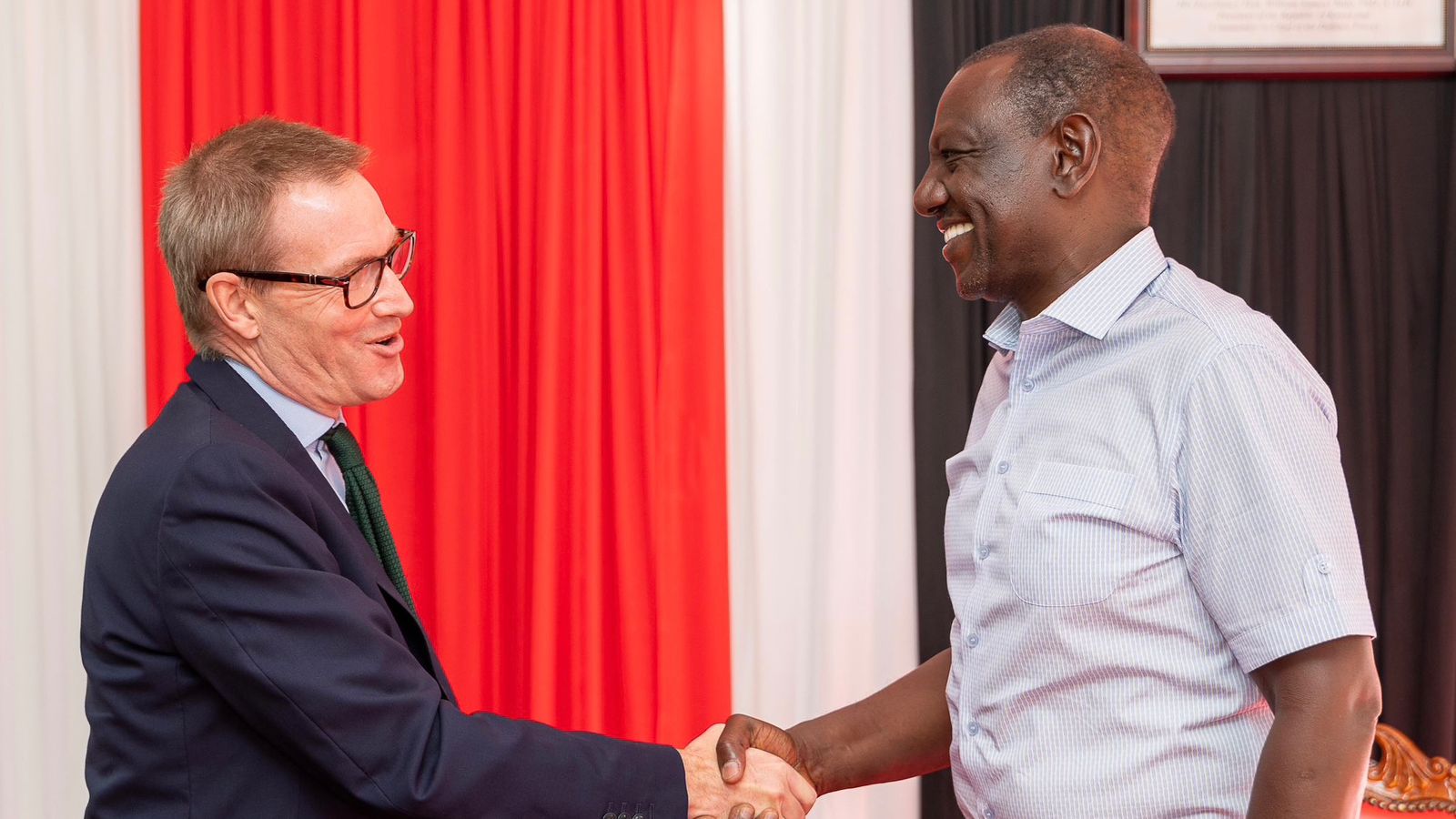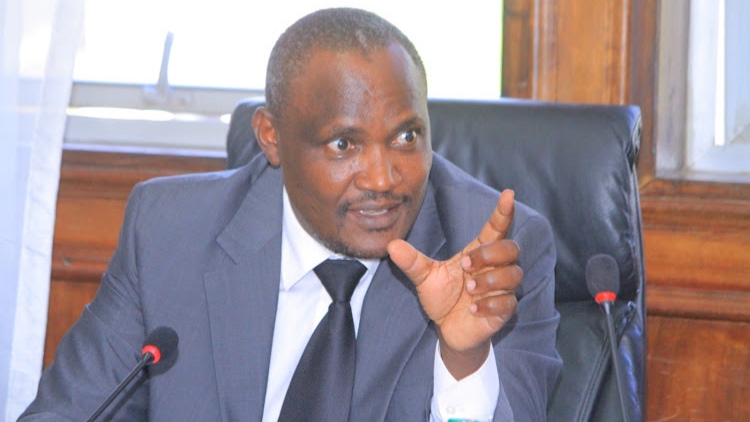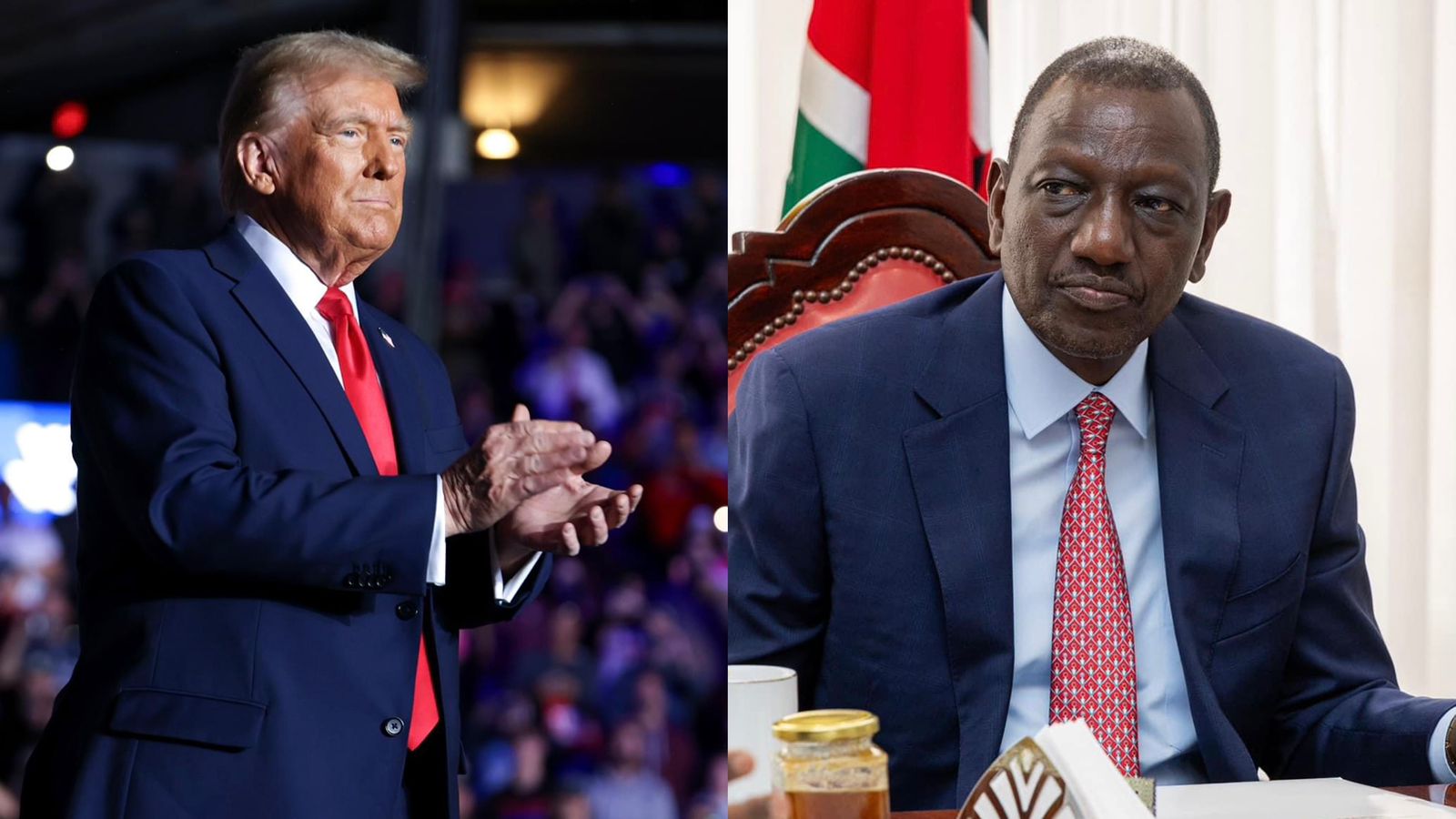The International Monetary Fund (IMF) has revealed its policy advisory to the government on improving the country's tax capacity.
In response to questions about Kenya's fiscal state, the IMF expressed concern over the revenue collected in recent years in relation to the financial demands facing the country.
According to the international financial institution, the country had many financial demands, including debt repayments.
Therefore, the country cannot implement several development projects with low revenue generated.

Read More
"Kenya's tax-to-GDP ratio has been declining for almost a decade since its peak of 15.4 per cent in FY2014/15 and remains lower than that of its regional peers. Over the same period, the public debt service to revenue ratio—an indicator of Kenya's capacity to repay its debt obligations—has increased markedly from about 35 to about 60 per cent of revenues," IMF reported.
"This trend reduced the resources available for development spending—including on education, health, and priority social programs.
Consequently, the IMF outlined that the country needed to implement the Medium-Term Revenue Strategy which proposed various tax reforms including expanding the tax base.
Additionally, the financial institution maintained that the government needed to enhance transparency when using public resources.
"Kenya's Medium-Term Revenue Strategy aims to widen the tax base and improve tax equity. This involves comprehensive tax policy and administrative measures across all tax categories," read the response in part.
"It is also important to ensure that taxpayers' resources are spent efficiently and effectively and in priority areas. In that respect, Kenya also needs to enhance transparency, accountability, and anti-corruption efforts."
-1728108852.jpg)








-1700476031.jpg)
-1730900214.jpg)
